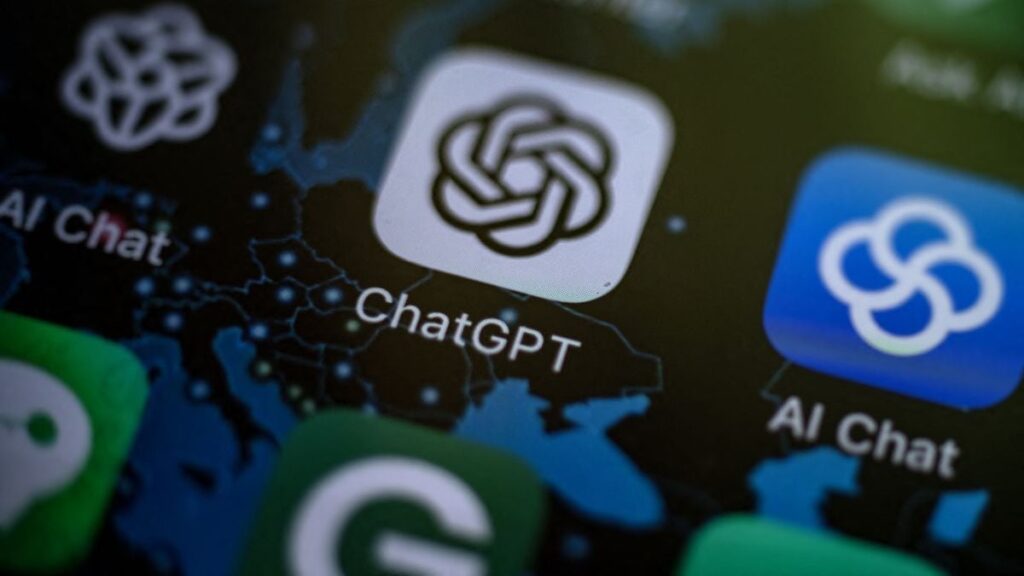When pocket calculators were introduced in the 1970s, instead of being seen as time-saving tools to enhance and accelerate learning, the reaction was even more hostile.
In 1972, more than 70% of teachers, mathematicians, and the general public did not want calculators in schools.
reason? fear.
Fear of being used for wrongdoing. Concerns that it will bypass a basic understanding of how mathematics is done. Fear… Well, there's something that people have feared throughout human history: change.
Currently, the use of artificial intelligence in education is provoking similar reactions. Fear of cheating, plagiarism, and shortcuts that undermine the fundamental building blocks of learning and education.
But just as calculators have proven to be effective learning tools, AI can and should be viewed through the lens of opportunity rather than fear. Given that the industry is expected to reach $6 billion in investment this year, finding ways to harness that energy seems like a more productive plan than wishing it disappear. It seems to me.
For example, AI can be extremely beneficial for teachers to create lesson plans more efficiently and speed up the process of grading student work. Through my work at TSG Advisors Education, I have seen first-hand how the private sector is leveraging AI technology to improve the education system.
Here are some methods:
- Lesson planning: AI can reduce the time needed to plan course work and instruction. This may not seem like a big deal, but one study estimates that teachers currently spend 20-40% of their time on activities that can be automated with existing technology. .
- Grading and assessment: Sophisticated AI tools can spot patterns in student writing and test responses, understand course content, and quickly and accurately determine weaknesses and strengths.
- Feedback: The days of grades and “well done” can be replaced with more comprehensive feedback from AI.
New technology comes with risks, but the market is already reacting. The new program offers advanced AI detection and plagiarism screening to ensure students are working on original work.
Now is the time for educators and policy makers to learn about the overwhelming benefits of AI, rather than getting distracted by fear-driven horror stories. Bold districts that take the lead in this space can not only drive outcomes for teachers and students, but also demystify AI to their colleagues across the state.
Here are some key recommendations for policymakers.
- Develop a framework for setting policy: This can be done by establishing a task force or other body to develop guidelines on how the technology should be used and regulated.
- Invest in professional development: Teachers and educators need targeted training to effectively leverage AI technologies in a responsible manner.
- Protect stakeholder data: Establish strong guidelines and regulations to govern the use of AI in education and ensure families are informed and involved in decisions that affect their children's privacy. We prioritize the protection of student data.
- Revise curriculum standards: Integrate AI education into existing curriculum standards, especially computer science and related fields.
- Ensure inclusive and accessible AI education: Ensure that AI education is inclusive and available to all students, including those with disabilities and those from underrepresented or economically disadvantaged backgrounds. I'll make it.
- Continuous evaluation and adaptation: Establish mechanisms for continuous evaluation of AI technologies used in education.
- Expand funding opportunities: Recognize that successful integration of AI in education requires significant investment. This funding should not only cover the procurement of AI tools and technology, but also support the development of AI-centric educational content and teacher training programs.
Spend your days with Haze
Subscribe to the free Stephinitely Newsletter
Columnist Stephanie Hayes shares her thoughts, feelings, and interesting business stories every Monday.
Subscriber only
Everyone is registered!
Want more free weekly newsletters sent to your inbox? let's start.
consider all options
Calculators are now as essential to education as books and laptops.
With some planning, investment, access to expertise, and a willingness to shake off the fear of change and instead embrace amazing and innovative technologies, something similar could become a reality in the not too distant future. This may also apply to intelligence.
Led by Sheila VanHoose Education Policy Division in TSG Advisoroverseeing a team of subject matter experts across all levels of education, from early learning to higher education.


